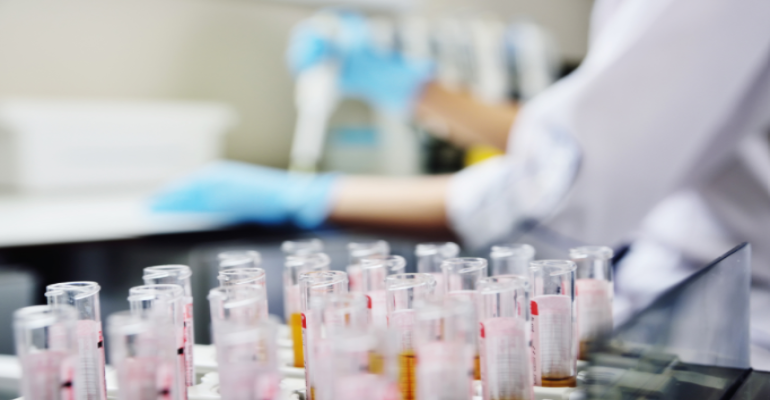
Genetic Testing Applications
IVF treatment is not only a way to have a baby. At the same time, if there is a known genetic disease in the parents, IVF treatment can also be applied to ensure that the baby is born without having this disease.
Therefore, IVF treatment is also preferred for the prevention of genetically inherited diseases.
How is Genetic Testing Applied?
Genetic tests applied in IVF treatment are called preimplantation genetic diagnosis. People who have been diagnosed with certain genetic diseases undergo this test to ensure that their children are healthy.
A sample is taken from the embryo to determine whether there are diseased cells in the embryo. Then, embryos that do not have genetic diseases are transferred into the uterus of the expectant mother through in vitro fertilization.
These samples are analyzed for chromosomal problems and genetic diseases. It is aimed to achieve pregnancy with embryos that do not carry the disease.
Who is Genetic Screening Performed?
- Couples with a history of recurrent pregnancy losses (miscarriages)
- Couples with repeated failed IVF attempts
- In cases of infertility due to male factor
- Genetic disorders in the expectant mother or father (translocation carriage)
- Advanced female age (36 years and older)
- Couples with children with genetic disorders from previous pregnancies
- Tissue-matched (HLA) sibling
- Couples at risk of single gene disease
Embryo genetics is not a standard procedure in IVF treatments. A doctor's approval is required to decide on the procedure.
What is Embryo Genetics?
Preimplantation Genetic Diagnosis/Screening (PGD) is the name given to analyzing the cells taken from the expectant mother and father for diseases in a laboratory environment after they have formed an embryo. With these diagnostic methods, the embryo that will form the baby is analyzed for thousands of diseases.
If there is a genetic disease or chromosome disorder in the family, it is very important to perform Preimplantation Genetic Diagnosis (PGD) on the embryos. This procedure is important to prevent the transfer of genetic problems in the mother or father to the embryo during the IVF treatment process.
Preimplantation genetic screening (PGS) for chromosome abnormalities (aneuploidy) can be performed in couples who do not have genetic disorders in the family. These genetic tests are very important to increase the likelihood of success, especially in cases of recurrent IVF treatment failures.

